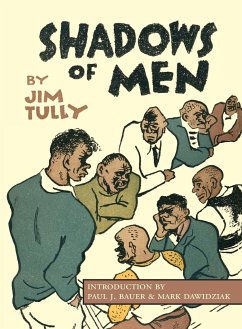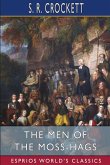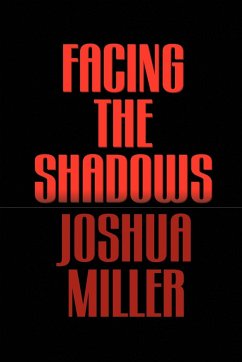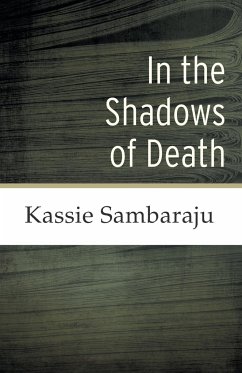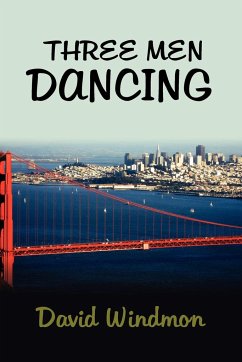The idea of men in jail had interested Jim Tully for years, going back to his youthful reading of Dostoyevsky's The House of the Dead and his own time in jail and on a work crew. It was to this subject that he turned with Shadows of Men. He had already written about drifters and the underworld in Beggars of Life and Circus Parade, but those episodes were, respectively, part of his larger story of life as a road kid and working for a small-time circus. Shadows of Men would be different. Its first eighteen chapters focused exclusively on the brutal aspects of his road years. These chapters are set in hobo camps, boxcars, railroad yards, jails, and cotton fields. As Tully wrote in the foreword to a later book, Blood on the Moon, Shadows of Men, "contains the tribulations, vagaries and hallucinations of men in jail." Shadows of Men, unsparing in its depiction of bleak people and places at cruel edges of the American landscape, was the book that cemented that reputation.
Hinweis: Dieser Artikel kann nur an eine deutsche Lieferadresse ausgeliefert werden.
Hinweis: Dieser Artikel kann nur an eine deutsche Lieferadresse ausgeliefert werden.

